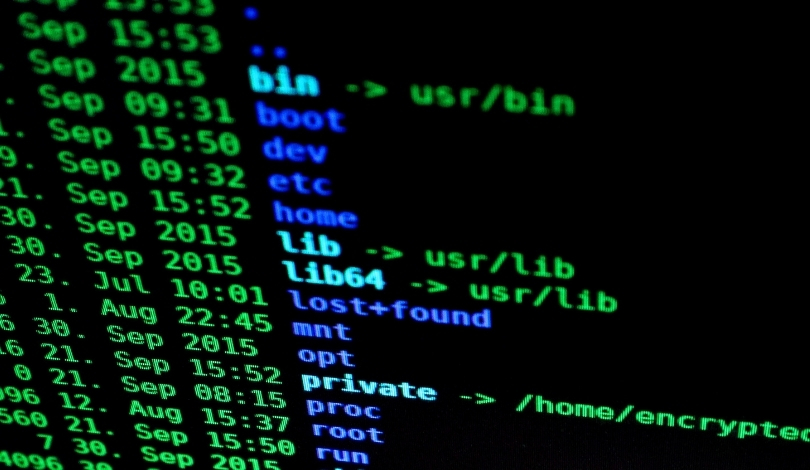A united group of 68 nations is ramping up their efforts to disrupt ransomware operations globally. This expanded initiative underscores the international community’s commitment to addressing the persistent threat posed by cybercriminals. By pooling resources and expertise, the alliance seeks to implement more robust measures to dismantle the infrastructure that supports ransomware gangs.
Ransomware attacks have seen a significant increase in frequency and sophistication in recent years. This surge has prompted the coalition to adopt a more aggressive stance, aiming to reduce the operational capabilities of these illicit networks. The enhanced strategies are expected to include coordinated efforts to take down malicious infrastructure and disrupt financial channels that facilitate ransomware activities.
Countries involved in the initiative are adopting comprehensive policies and engaging in shared operations to maximize the impact of their efforts. This collective approach not only strengthens individual national defenses but also creates a more formidable barrier against cybercriminals operating on a global scale.
What Are the New Strategies Implemented?
The coalition plans to launch a counter-ransomware fund led by USAID, supported by member nations and the private sector. Additionally, member countries will develop guidelines to assist ransomware victims, supported by insurance companies. An advisory panel from the Canadian private sector will promote information sharing, while an Australian-built website will offer support for affected nations. Efforts will also expand a cybersecurity supply chain program for the energy sector initially developed by the G7.
How Effective Are Disruption Operations?
“What we’ve observed is that there is no one operation that’s going to disrupt ransomware permanently,”
stated Anne Neuberger, deputy national security advisor for cyber and emerging technology. Continuous disruption activities are essential, as ransomware groups can quickly reorganize after setbacks. These operations aim to make it more difficult for gangs to establish stable and effective operations.
What Impact Has the Initiative Had So Far?
The initiative has recently welcomed Argentina, Bahrain, Cameroon, Chad, Morocco, Hungary, the Philippines, Slovenia, Vanuatu, and Vietnam as new members. Disruption efforts have reportedly weakened notable groups like ALPHV/Black Cat, forcing them into more chaotic and less effective operations. This weakening of key players is seen as a positive step towards reducing the overall threat level posed by ransomware gangs.
Strengthening international collaboration and increasing the frequency of disruption operations are critical components in the fight against ransomware. By continuously adapting and expanding their strategies, the coalition aims to stay ahead of cybercriminals and mitigate the impact of ransomware attacks on a global scale.










